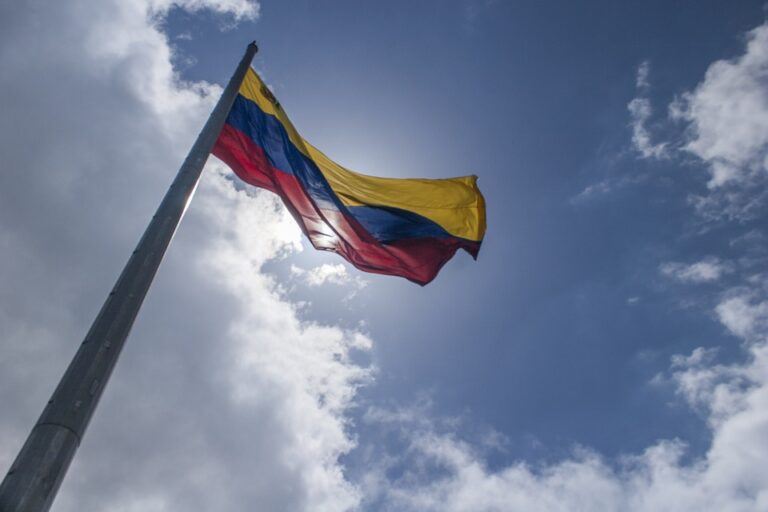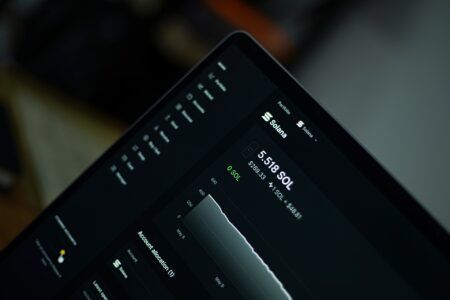For its ‘outstanding contribution to the development of the blockchain industry’, the Satoshi Nakamoto Prize went to Venezuela’s sovereign oil-backed cryptocurrency, The Petro.
The prize was awarded in Russia, and hosted by its regulatory organisation: The Russian Association of Cryptocurrency and Blockchain (RACIB).
The RACIB plays a highly influential role in the development of Russia’s crypto-economy, including its own attempts in the form of the Crypto-Rouble. The organisation is also involved with the legal action placed against Google, in light of its ban on cryptocurrency advertising.
In attendance at the event was the ambassador and representative from Venezuela, Carlos Rafael Faria Tortosa. Tortosa has previously proved crucial to the 2017 debt restructuring deal between Venezuela and Russia.
The Satoshi Nakamoto Award was awarded to the Petro as it was one of the first cryptocurrencies to be backed by a major commodity. Rafael Faria Tortosa was presented with the award during a ceremony in Moscow World Trade Center.
The Controversy of the Petro
Controversy surrounds the awards ceremony, the Petro, and the ongoing co-operation between the Russian Federation and Venezuela. The Petro has, since its conception by Maduro’s government, been deemed ‘unconstitutional and illegal‘ by Maduro’s political rivals, including the country’s national congress in January 2018.
The US has also signed into effect, an executive order in March, banning anyone in the US from taking part in the purchase or sale of the Petro, US sanctions against both Venezuela and Russia has led many to believe Russia has assisted Venezuela in the creation of the Petro.
According to Time Magazine in March, the Petro has been the joint project of Russian and Venezuelan officials. With the intention of using it as a method of circumventing international trade sanctions placed on both countries. Venezuela has also announced plans to extend its idea with the Petro to include a gold-backed Cryptocurrency.
Cryptocurrencies have gained a reputation and notoriety for their international reach. Allowing them to be used as a means of payment for countries and websites that have come under some degree of financial boycott. Bitcoin, in particular, began its life as a method of funding activity both on the dark web and Wikileaks.
More recently, Russia has come under increasingly harsh sanctions in the wake of the Salisbury attack on Sergei and Yulia Skripal.








